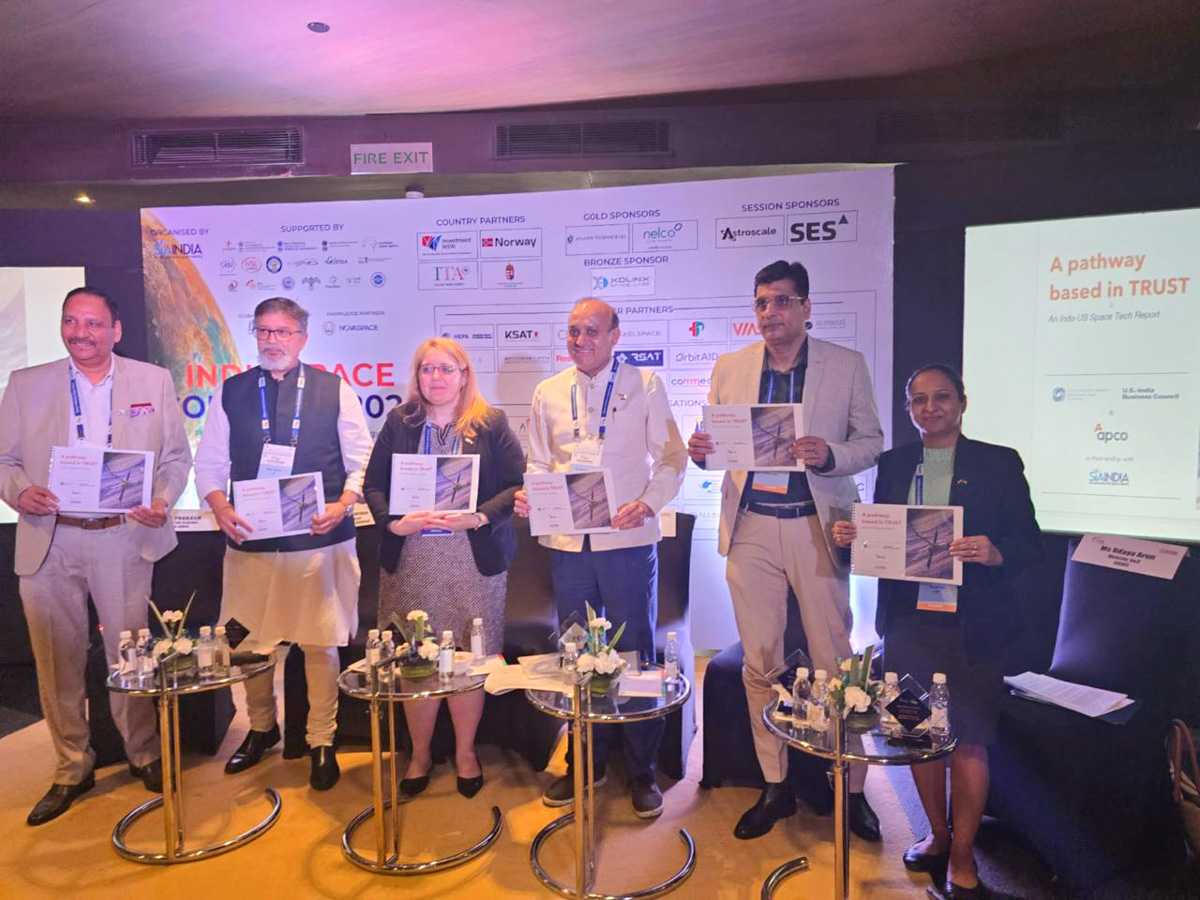

Technology is advancing faster than ever, making it a necessity for us to understand and to keep pace with novel changes. The world has witnessed a myriad of new systems being developed every day, steering a lot of technologies toward becoming mainstream. One example of this is the metaverse—an open-source, blockchain-based, Web3-driven, decentralized application that allows anyone to create digital assets. It is a digital world—parallel to real life—where people can interact with each other in real-time. It endorses an ever-expanding world of possibilities for businesses, governments and individuals.
A plethora of metaverses exist today, each with their own unique characteristics—the most well-known three being Horizon Worlds, Decentraland and The Sandbox. Decentraland and The Sandbox are open-source initiatives managed by the Decentraland Foundation and Animoca Brands respectively. However, Horizon Worlds is a closed platform run by Meta.
The emergence of the metaverse brings forth opportunities for different industries. While it presents itself as another, more advanced platform to create, experience and consume content, it provides the public relations (PR) and communications industry with unlimited possibilities for:
- Immersive Content Creation: The metaverse has radically disrupted content creation. Creators can now leverage more immersive and interactive technologies to create unique content experiences.
- Events and stakeholders’ management: Invite a diverse and global stakeholder base to launch global products, events and townhall meetings virtually while optimizing customer experience, event analytics and cutting costs on things like venue, travel, setup, hotels, etc.
- Brand & digital storytelling/paid media and advertising: Relay creative stories and promote products and services in several ways with limitless creative possibilities that are available on the metaverse using technologies such as hyperrealism, 3D modeling, etc.
- Influencers engagement: Many influencers are joining the metaverse with their own content or brands; in addition to working on promotional work virtually.
- Social listening: Capture the opinions of the visitors around your product, brand, event, etc. in the metaverse.
Multiple entities are adopting the metaverse in other industries as well. We are seeing this trend in companies such as Adidas, Nike, Damac and Emirates Airlines, all of which are using the metaverse to create new products and services. Worldwide governments, including those in Seoul, Barbados and Dubai, in addition to consulting firms have also been leveraging and embracing the metaverse to aid in the creation of their digital strategies.
With the growth of the metaverse in the last few years, it has become increasingly important for businesses to understand how its power can be leveraged to drive innovation. There are many applications of the metaverse that can be applied to a variety of industries, including health care, education, entertainment and transportation, among others.
- Education: Virtual universities and augmented teaching using augmented reality (AR) and virtual reality (VR)
- Retail: Virtual shopping malls, personalized ads and shopping experiences using digital assets and Non-Fungible Token (NFTs)
- Health care: Virtual hospitals, specialized surgical training using AR/VR, and access to user health data from headsets
However, “with great power comes great responsibility.” With the metaverse, being a relatively new concept, a series of challenges arise in the technical, ethical and regulatory aspects. Those include the following:
- Decentralization: Decentralization is a double-edged sword, which can be used to influence ethical conflicts within the parameters of the metaverse and beyond. In other words, the removal of one centralized authority can negatively disrupt existing systems in balance.
- Technical challenges: It is currently difficult for the metaverse to be adopted on a large scale due to the high cost and the need for advanced digital technologies. Some limitations arise when it comes to needing a fast internet connection and a powerful computer. In terms of accessibility, there may be difficulties for those who are not as familiar with this type of technology or endure challenges when engaging with the internet.
- Ethical challenges: Many ethical issues arise when it comes to the use of the metaverse, such as identity theft, social and economic inequality, and security and privacy concerns. For example, some users might try to impersonate a character or alter their appearance to fit into a particular role.
- Regulatory challenges: Since the metaverse is decentralized, the question of how it will be regulated arises. Several entities such as The Blockchain Council and Dubai’s Virtual Assets Regulatory Authority have specified regulatory frameworks that they believe would serve as sufficient metaverse regulation. There is also the DAO (Decentralized Autonomous Organization), a decentralized autonomous organization aimed at giving the users of Decentraland a say in how they want their metaverse to operate.
To summarize, the metaverse is a decentralized digital world full of opportunities for businesses and individuals. It is disrupting the way we work, live and play, as well as altering how we interact with one another and with our devices—allowing us to experience more than just the physical world. The time is now to therefore reflect on our relationship with technology. We are amid an unprecedented era where people can create their own realities and make their imaginations come to life.
The question is, are you ready for a virtual future?


